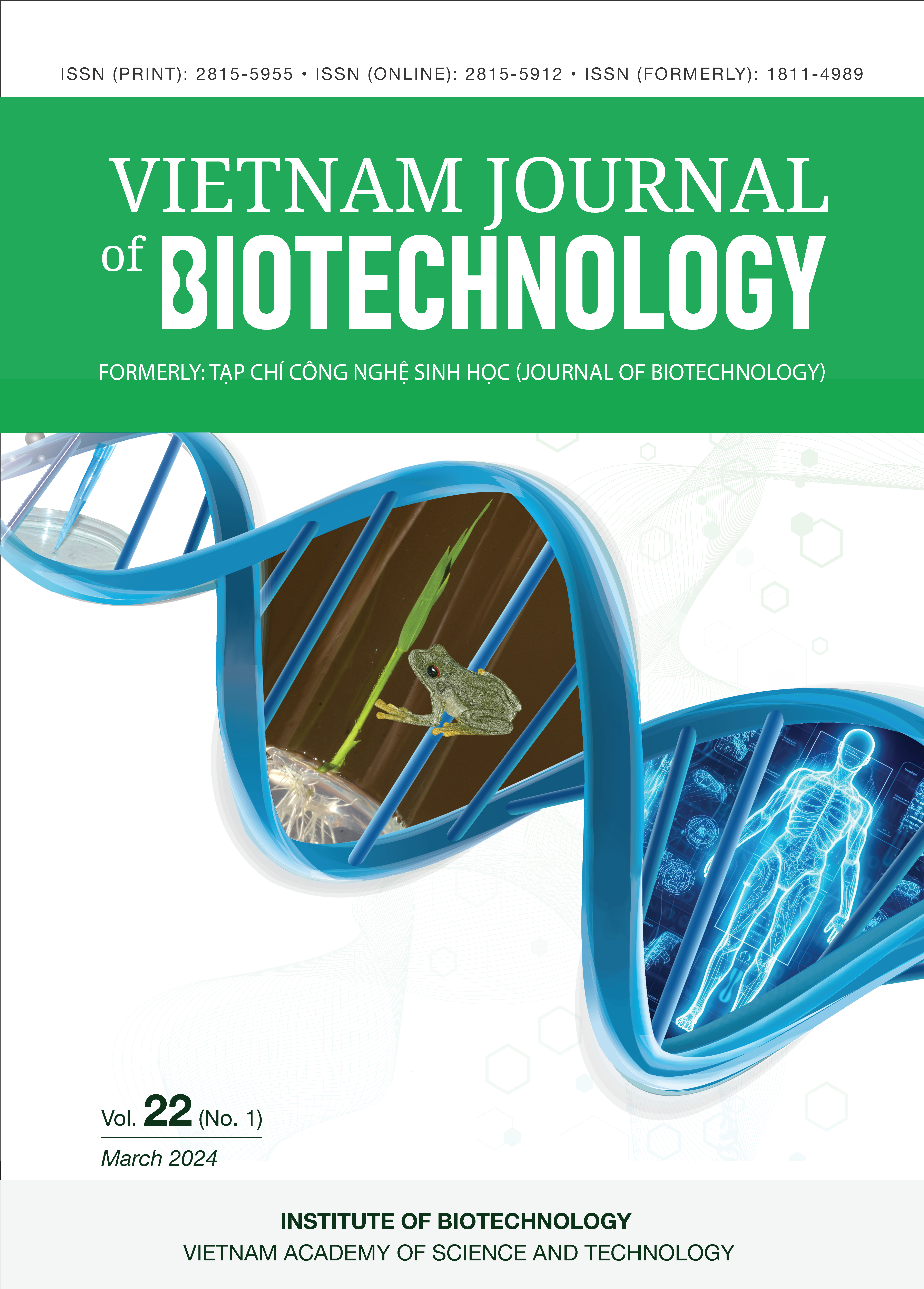Status on management of access to genetic resources, traditional knowledge and benefit sharing
Author affiliations
DOI:
https://doi.org/10.15625/vjbt-20230Keywords:
access to genetic resources and benefit sharing (ABS), biodiversity, digital sequence information, traditional knowledgeAbstract
The management of access to genetic resources, traditional knowledge (TK), and benefit sharing among indigenous people and local communities in the worldwide is extensively addressed in international legal instruments, including the Convention on Biological Diversity (CBD) and its Nagoya Protocol on Access to Genetic Resources and the Fair and Equitable Sharing of Benefits (ABS) Arising from their Utilization. The CBD aims to promote the conservation of biological resources, the sustainable use of biodiversity components and the equitable, fair sharing of benefits arising from the use of genetic resources. The Nagoya Protocol sets out core obligations for its contracting Parties to take measures in relation to ABS and compliance. In 2021, the Secretariats of the CBD released the first draft of the Post-2020 Global Biodiversity Framework with the mission for the period up to 2030, aiming towards the 2050 vision: “To take urgent action across society to conserve and sustainably use biodiversity and ensure the fair and equitable sharing of benefits from the use of genetics resources, to put biodiversity on a path to recovery by 2030 for the benefit of planet and people.” Therefore, capacity building and development for the implementation of the Nagoya Protocol are crucial, especially for developing countries. One of the most commonly identified new capacity building needs is digital sequence information on genetic resources and their roles in ABS.
As a member of the CBD and the Nagoya Protocol, Vietnam has obligations to develop the National Strategy Framework on Biodiversity to 2030, with a vision to 2050, consistent with the requirements of the Post-2020 Global Biodiversity Framework, Protocols, and relevant Agreements. This includes developing recommendations on management of access to genetic resources and TK, as well as benefit sharing within the Draft of the National Biodiversity Strategy and Action Plan. This research aims to contribute to implement the Post-2020 Global Biodiversity Framework and the Nagoya Protocol in Vietnam by assessing the status of management regarding access to genetic resources, TK, and benefit sharing.





